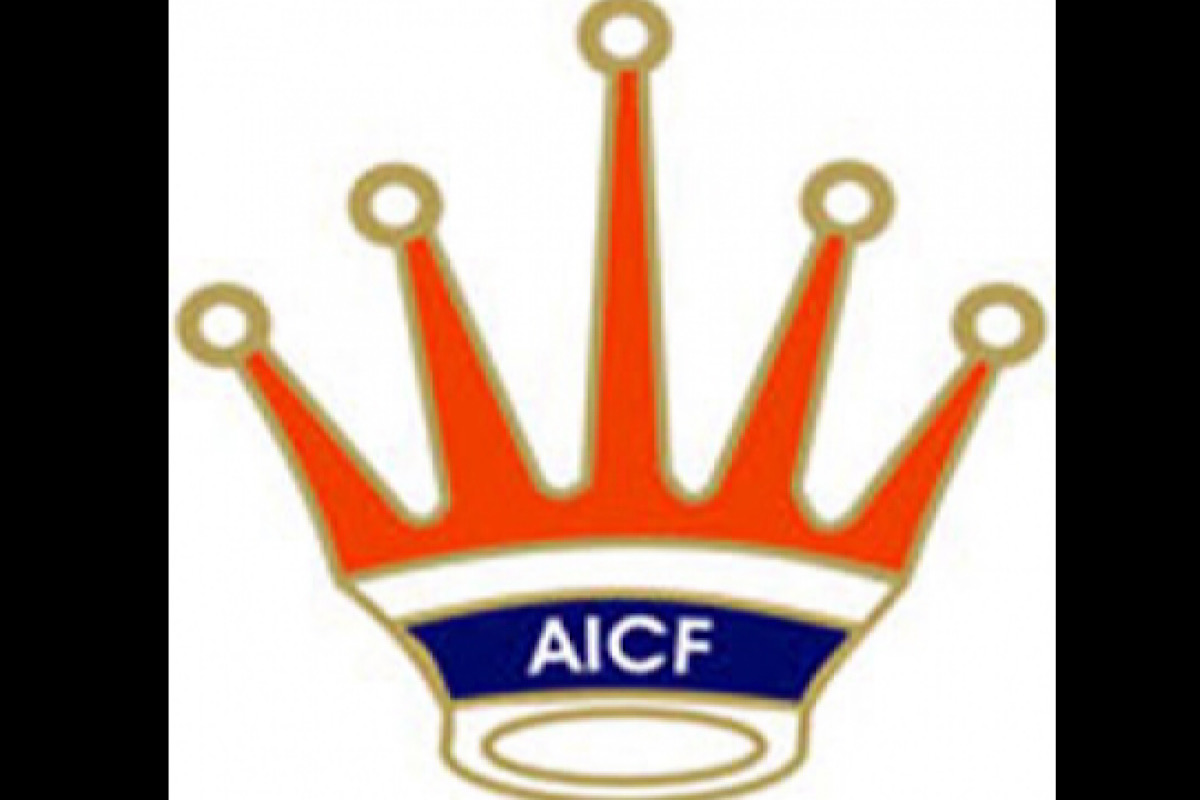Nitin Narang, the recently elected President of the All-India Chess Federation (AICF), rolled out a massive budget of INR 65 crore for the development of Bharatiya chess. Narang made this announcement at the AICF general body meeting held late on Saturday evening.
The key initiatives discussed on the occasion were aimed at strengthening the Indian chess ecosystem by providing financial and institutional support for pro as well as grassroots-level players.
Advertisement
The launch of programs such as the AICF Pro for national-level players and AICF Popular will make the vision of “Har Ghar Chess” a reality across households.
Several proposals including a chess development fund, introducing strong financial backing with player contracts and coaching at all levels, financially supporting district and state associations, setting up a State-of-the-art National Chess Arena (NCA) for elite-level training and an AICF Rating system specifically for India will serve as ground-breaking initiatives and drive growth for the Indian chess ecosystem over the coming years.
Commenting on the initiatives, Narang said, “Players are at the heart of chess, and many have to compromise on their passion due to the lack of funds, institutional support, and opportunities. I am committed to making every player’s dream a reality through myriad initiatives rolled out today, in our INR 65 cr budget.
“We are setting up a chess development fund to ensure that we empower the grassroots level players and bring them to a global level of excellence. My mission is to bring chess to every household, with the motto ‘Ghar Ghar Chess – Har Ghar Chess’. We are the first federation to directly support district associations.
“We will also support state associations for three years with aid up to Rs 15 lakh, and initiate national-level player contracts for 42 players with a budget outlay of Rs 2 crore across age groups under AICF Pro while ushering in an India-specific player ranking system,” he said.
“The top 20 FIDE-rated players’ would get annual contracts of Rs 25,00,000 and Rs 12,50,000 per annum with a total outlay of Rs 4 crore. We want chess to be played in every household across generations, from the youth to senior citizens, with a big focus on including women. I aspire to see India emerge as a nation of grandmasters,” he said.
The other key initiatives announced on the occasion include:
‘One Nation, One Registration’, is an innovative online platform to facilitate seamless registration of players, with unique login credentials to State Associations at no cost to enhance participation. It is also introducing a proprietary Rating System for school and grassroots-level tournaments to enhance revenue and transparency.
The AICF will introduce two-year contracts for national-level players, from U-7 to U-19 age groups, disbursing funds ranging from Rs. 20,000 to Rs. 50,000 to players via Direct Benefit Transfer, under the relevant categories. The players will promote chess through grassroots initiatives like ‘Meet the Champions’ in educational institutions.
Cash Rewards for Top 20 Chess Players to recognize and reward excellence in chess, allocating cash awards to the top 10 male and female Bharatiya players based on their FIDE rankings. The top five male and female players will each receive INR 25,00,000, while the players ranked 6th to 10th will each be awarded INR 12,50,000.
Supporting State Associations financially, the AICF will commit across three years — Year 1: 12,50,000; Year 2: 12,50,000; Year 3: 15,00,000 — with assistance allocated for prize money, chess development activities, and establishing offices.
Quarterly seminars will be conducted for capacity building, covering topics like sponsorships and governance.
Women In Chess aims to enhance inclusivity and opportunity in chess for women, expanding the Smart Girl Program with a minimum of 50 annual events, each supported by a ₹100,000 grant.
Further reinforcing this commitment, a 33% reservation for women in several key areas like certification for coaches and arbiters, participation of female arbiters in AICF-recognized events, and inclusion in the Campus Ambassador Program.
Encouraging and incentivising Chess Content Creators to enhance chess content creation by collaborating with Youtubers, Influencers, and Streamers and fostering new creators through mentorship from established content creators to nurture a thriving community of chess content creators
National Chess Awards and Development Conference to honour exceptional coaches and players and to concurrently bring together industry leaders and universities to advance chess through strategic workshops and discussions, recognizing significant contributions to both the game and societal development.
The corporate chess league is an innovative move where the AICF will allow corporates to host AICF-rated tournaments by becoming members. A minimum prize money will be set for AICF-rated events. Additionally, it plans to organize bilateral competitions with other nations to enhance chess diplomacy and elevate its brand profile.
AICF’s social initiatives aim to drive the social agenda using chess, including programs for women, persons with disabilities, including persons with disabilities (“Wheelchair Chess Program” in collaboration with NGOs, etc), senior citizens (“Checkmate Dementia”, a community-level chess initiative), and at-risk youth, besides the Chess in Prison Chess Initiative and Chess for Tribal India.
A chess development fund will further support initiatives such as Trainer Training Programs, coach certification, and outreach efforts, including workshops and conferences. It aims to integrate chess into school curriculums and provide resources tailored to female players and various social segments.
A management board, appointed by the AICF President, will be composed of experienced corporate professionals from various sectors. The AICF plans to collaborate with strategic partners to finance its programs and initiatives, aiming for governance excellence and long-term sustainability.
Narang has pinpointed four significant challenges that need addressing: the integration of chess into school curricula, the introduction of chess e-learning in the syllabus (chess in education), the identification and nurturing of talent, the strengthening of grassroots academies and training institutions, and the sustainability of the All-India Chess Federation (AICF).
These issues informed the development of his initiatives, which are designed to broaden the appeal of the game across generations and transcend socioeconomic barriers, fostering both excellence and inclusivity.











